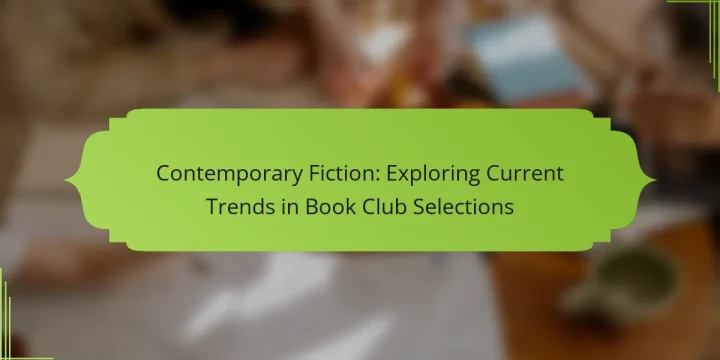
Literature plays a crucial role in shaping local identity by reflecting cultural values and shared experiences. It captures unique narratives and traditions while fostering community pride. Various genres, such as realism and folklore, offer insights into local issues and dialects. Literary festivals enhance this connection, promoting cultural tourism and community engagement through storytelling. How does literature influence local identity formation? Literature significantly influences local identity formation by reflecting cultural values and shared experiences. It fosters a sense of belonging and community among residents. Through storytelling, literature captures unique local narratives, traditions, and dialects, reinforcing cultural heritage. As a result, it shapes how individuals perceive their identity in relation to their surroundings. Local authors often highlight specific regional issues, creating a dialogue that resonates with the community. This connection between literature…








